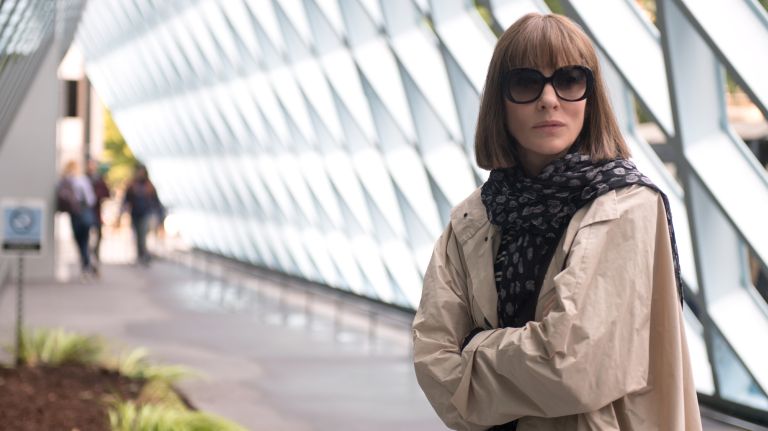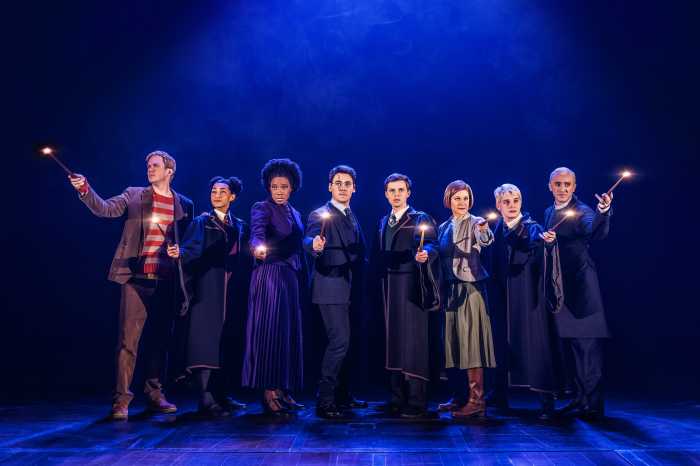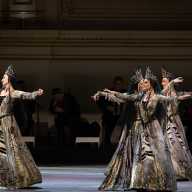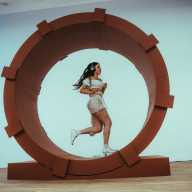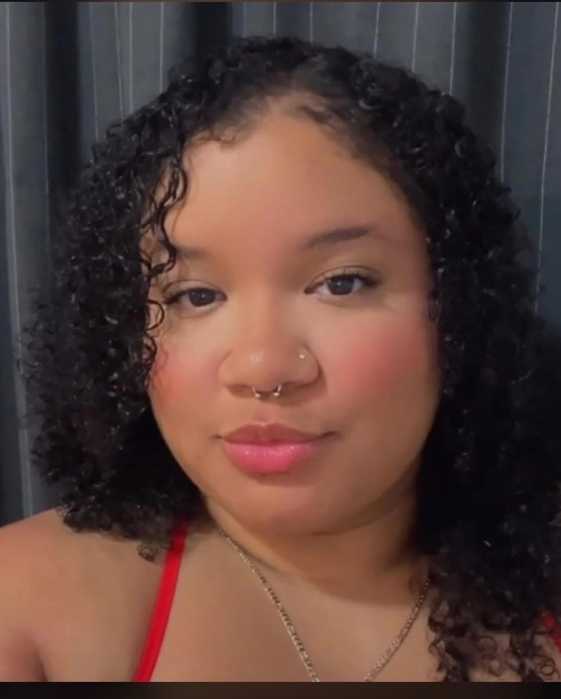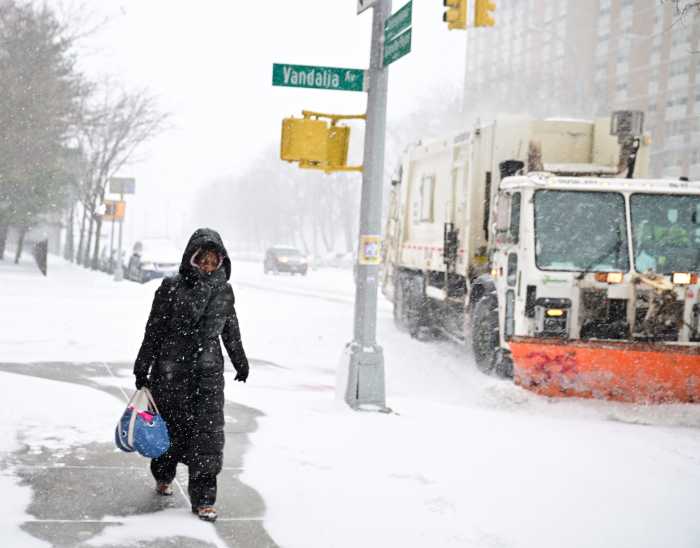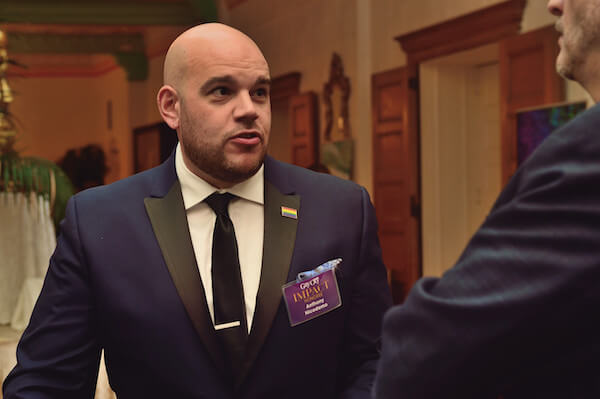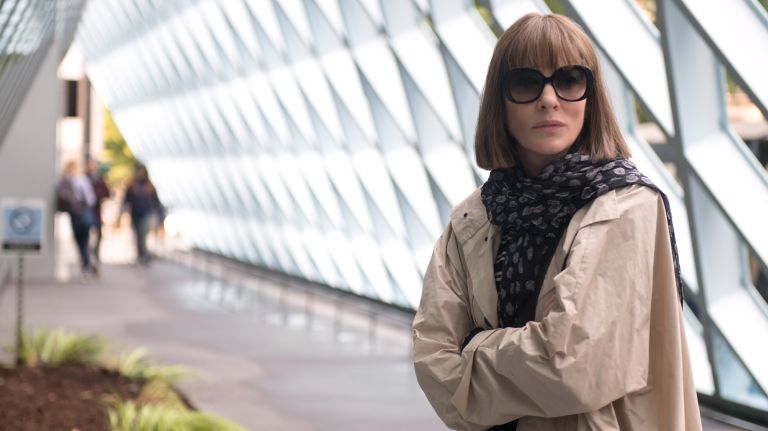
"God … This is unadaptable." That’s what Cate Blanchett thought while reading Maria Semple’s “Where’d You Go, Bernadette.” Funnily enough, the adaptation of the 2012 bestseller hits theaters Friday, with the Australian acting legend as the star.
Directed by Richard Linklater, the dramatic comedy follows antisocial, out-of-work architect Bernadette Fox, a genius whose self-imposed exile from her field of work has devastating consequences on her relationship with her husband, Elgie (Billy Crudup), and her sense of self.
An epistolary novel, the story is viewed through the eyes of Bernadette’s teenage daughter, Bee (Emma Nelson), who pores over letters and emails her mother has sent in an effort to track her down following her disappearance. In that respect the book is written “quite subjectively from Bernadette’s point of view, and she’s so relentlessly acerbic and absurd and negative,” Blanchett says. “What makes it a great novel is what makes it a bugger to adapt.”
“I feel a lot of the times, with novels that are written, you can see the film that they want to be optioned for on every page,” Blanchett adds. “And so then of course they write for adaptation, and the film experience becomes just a kind of an extension of the novel.”
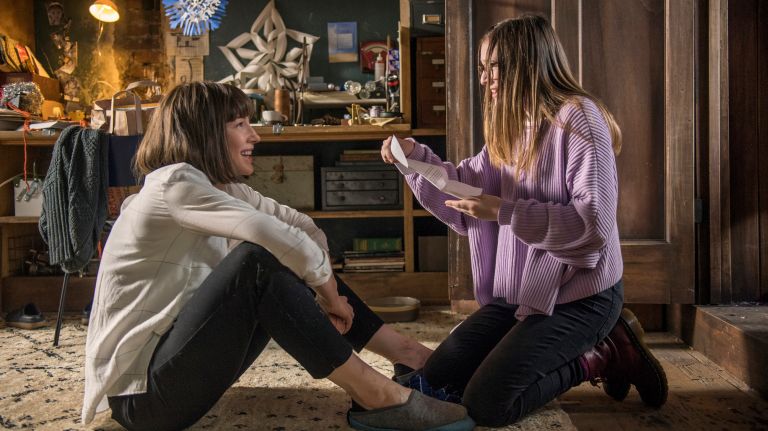
That’s what makes this no ordinary page-to-screen transformation. The actress says having renowned indie director Linklater on board brought an interesting dimension to telling the story, as his sensibility is so different to that of author Semple. “That’s been a real plus for the movie because it’s meant that it’s been able to be its own thing,” Blanchett says.
In addition to being a fan of the book before scoring the role, Blanchett says she was particularly drawn to the mother/daughter relationship between Bernadette and Bee. “I think a lot of her unhinged and seemingly absurd behavior is brought about by the fact that her daughter is about to go away to boarding school,” Blanchett says, remarking that the centrality of the relationship in Bernadette’s life is what’s partly responsible for her unraveling. “Her daughter is her world.”
But it’s also about what happens when an artist’s creative outlet is stifled. A celebrated architect, Bernadette hasn’t worked in years, for complicated reasons that go beyond raising a child, but aren’t completely separated from motherhood, either.
A mother of four herself, Blanchett was keen to explore through Bernadette something she thinks a lot of mothers can relate to. “It was certainly something that I’m interested in, the notion of what happens when you have incredibly strong creative urges as a mother, and you put those to one side [to focus on your family] … What happens when you get spat out the other side of that, and you think, ‘I’ve still got these urges and now I’ve got to find an outlet for them.”
No spoilers on what ultimately happens to Bernadette. Suffice it to say that the character, like the novel, is more adaptable than Blanchett first thought.



